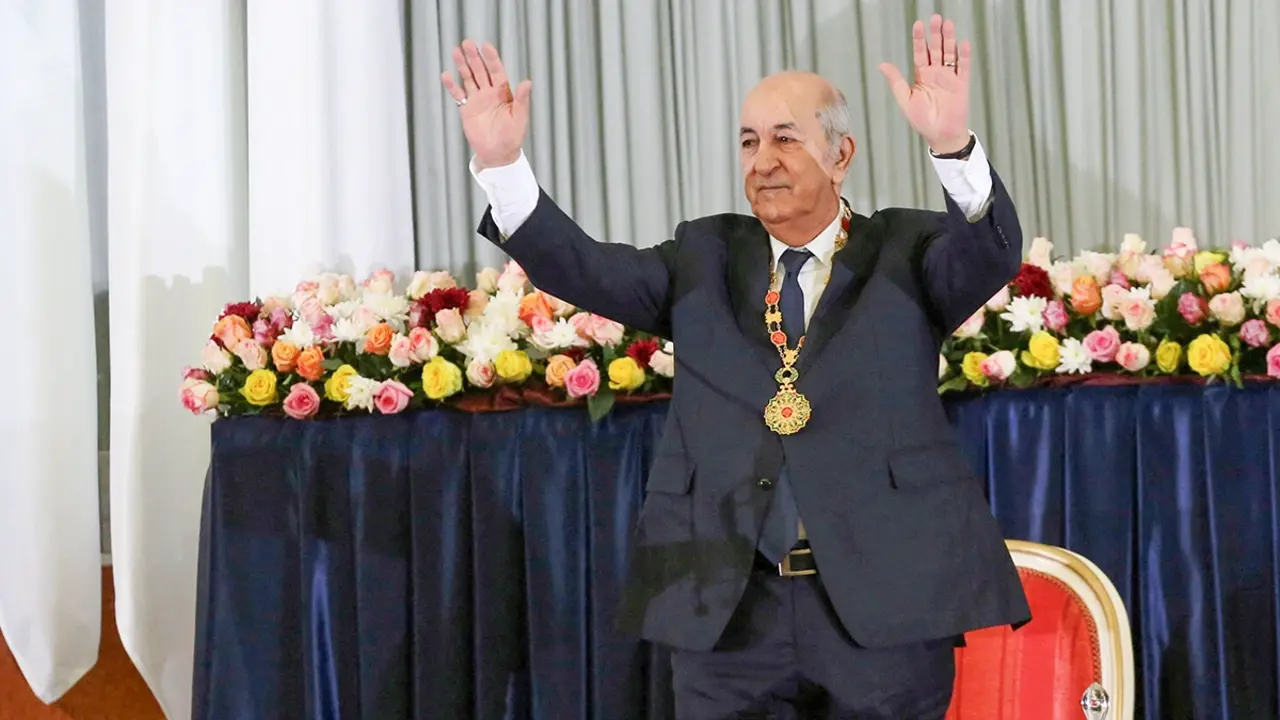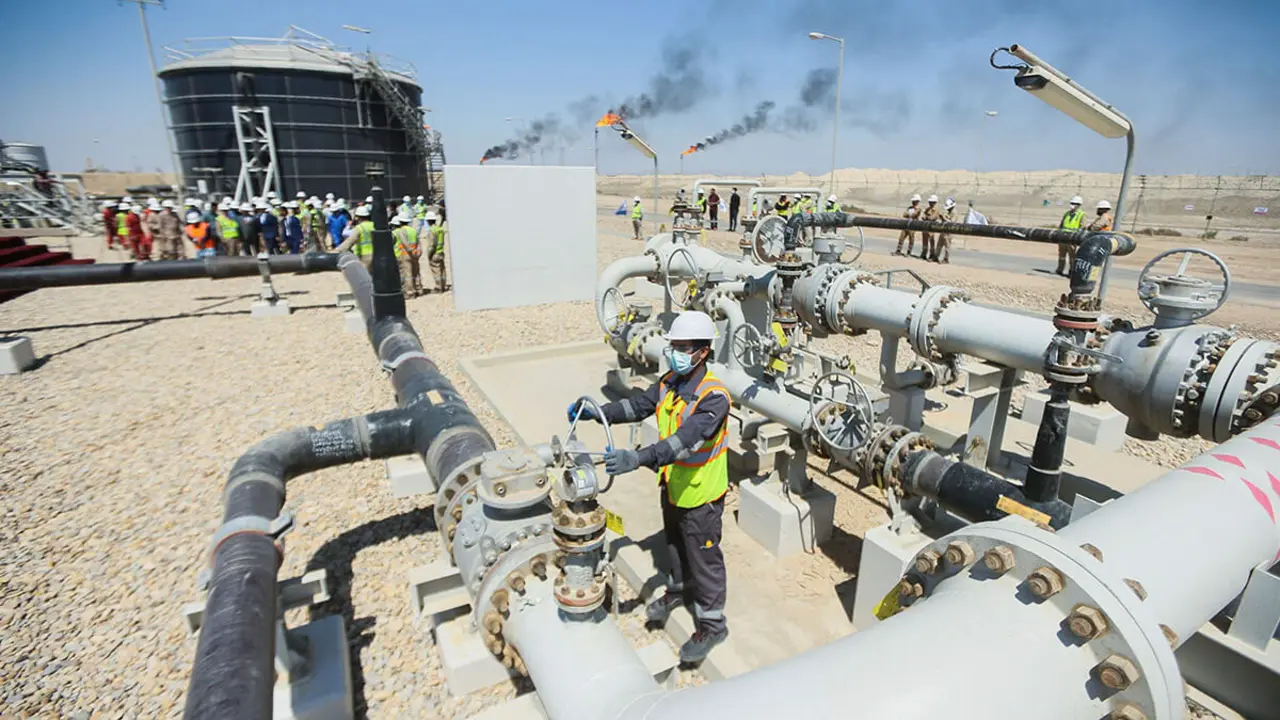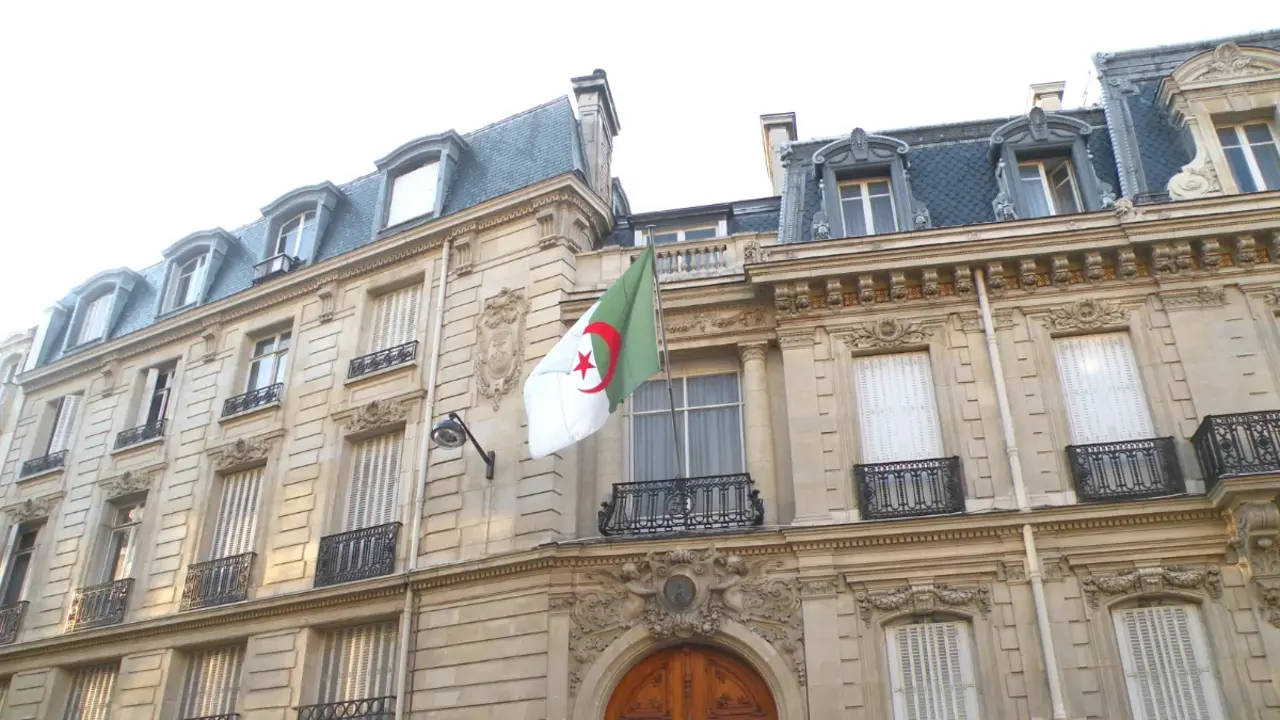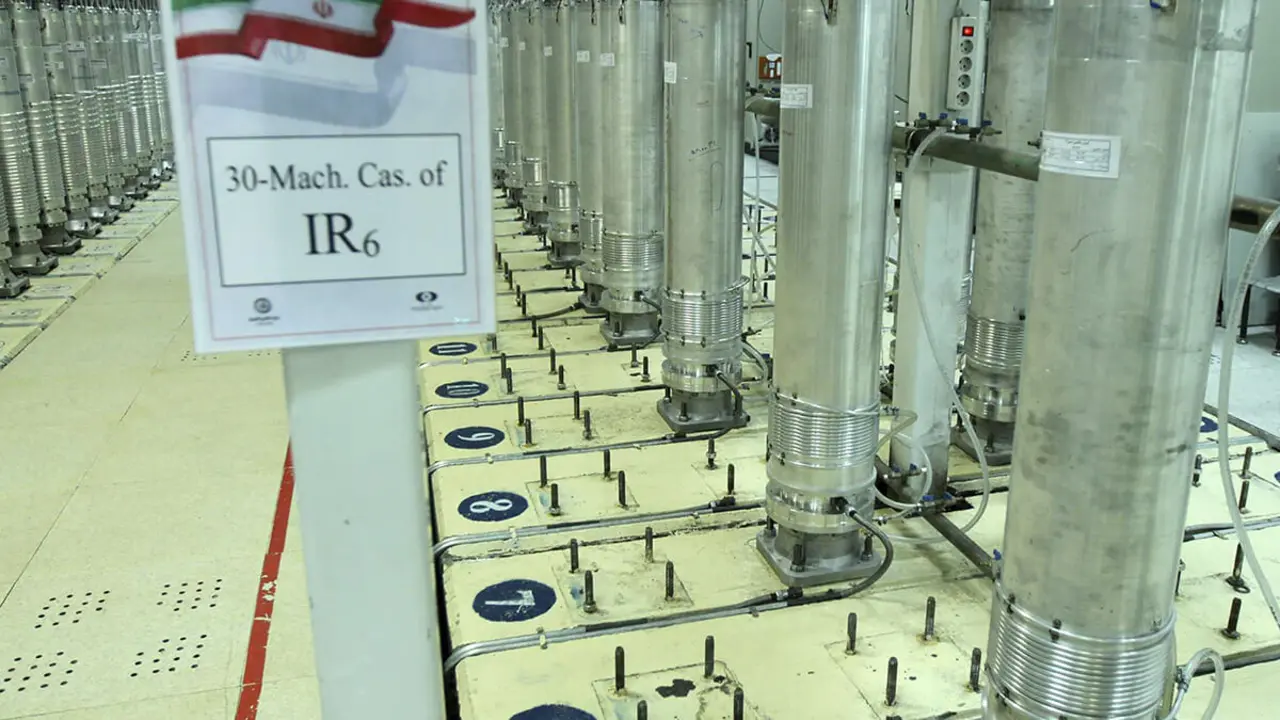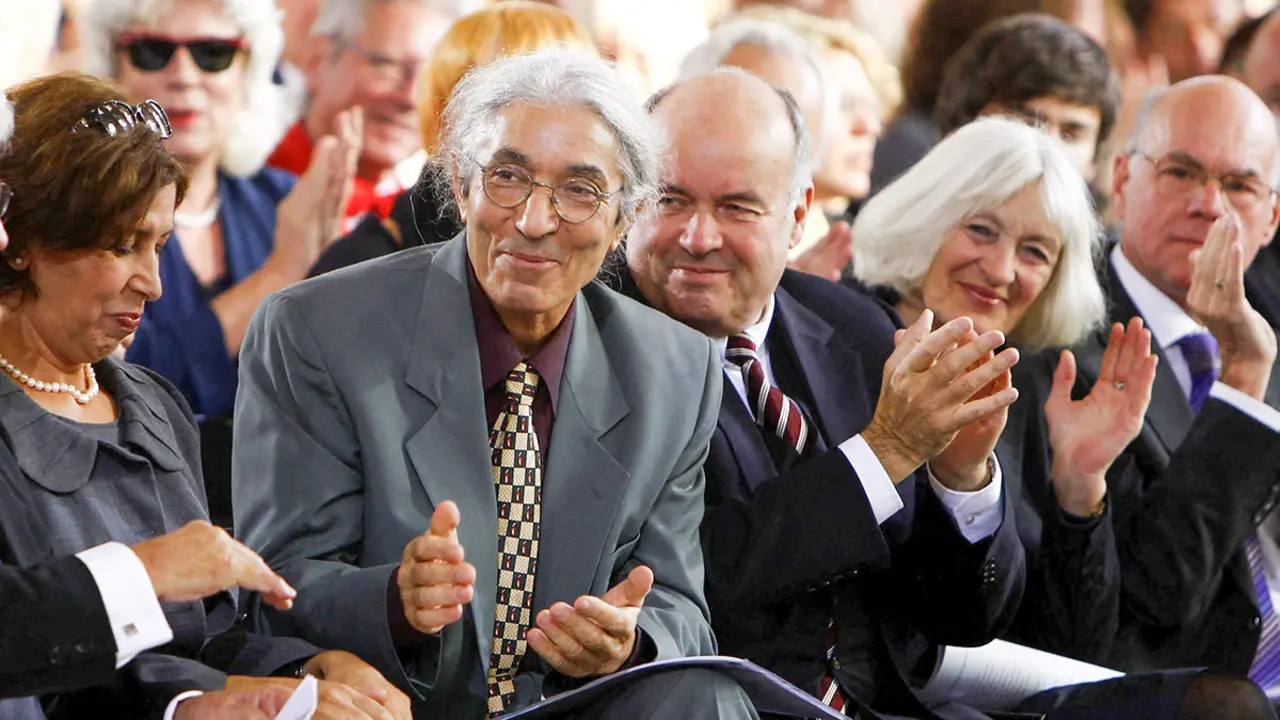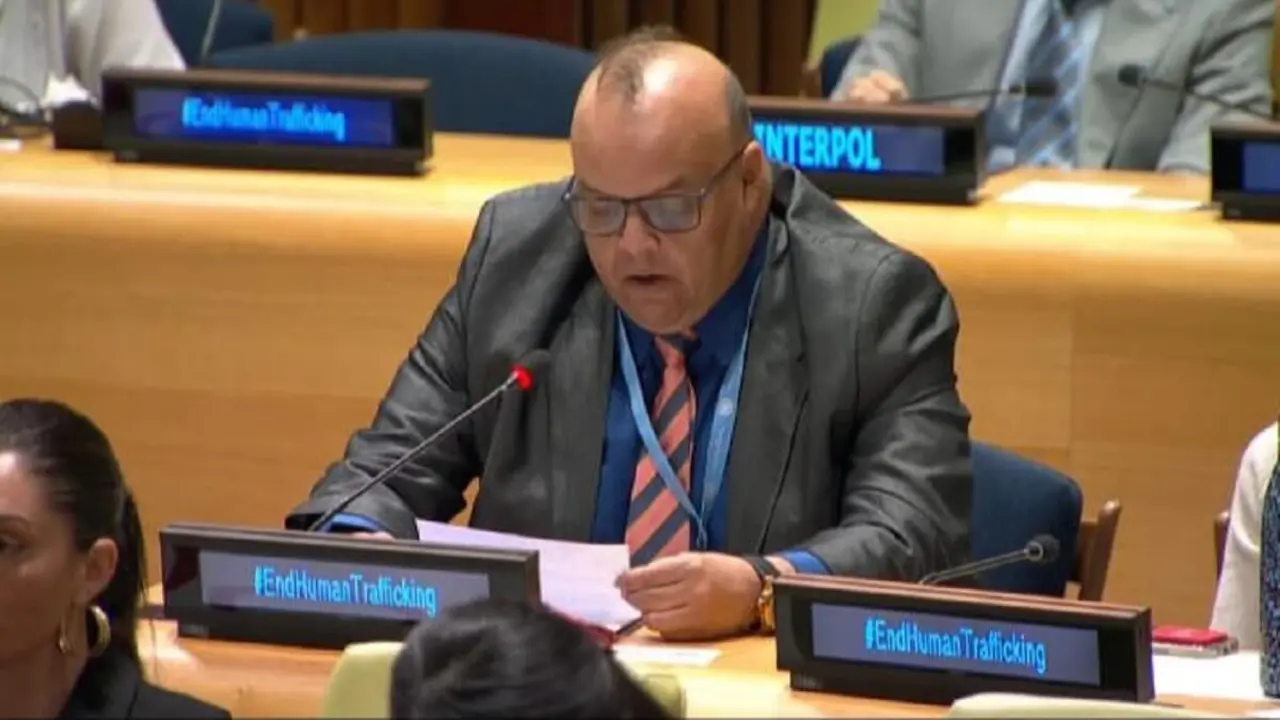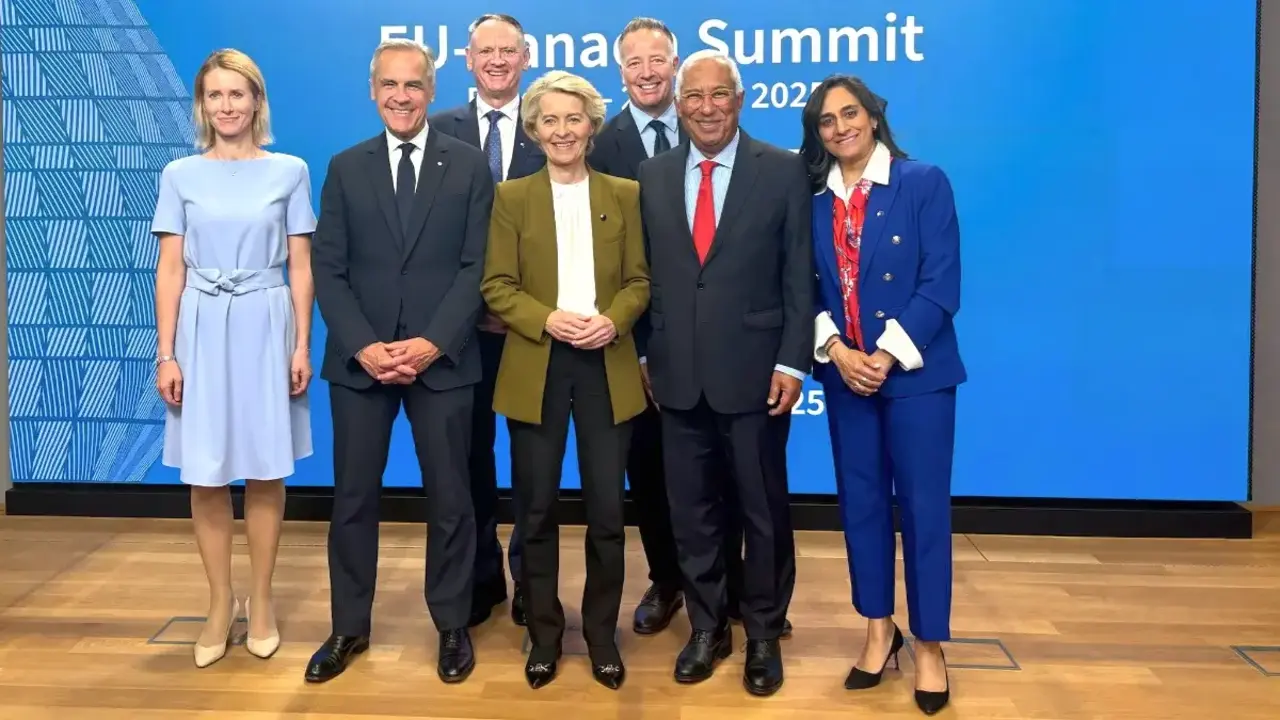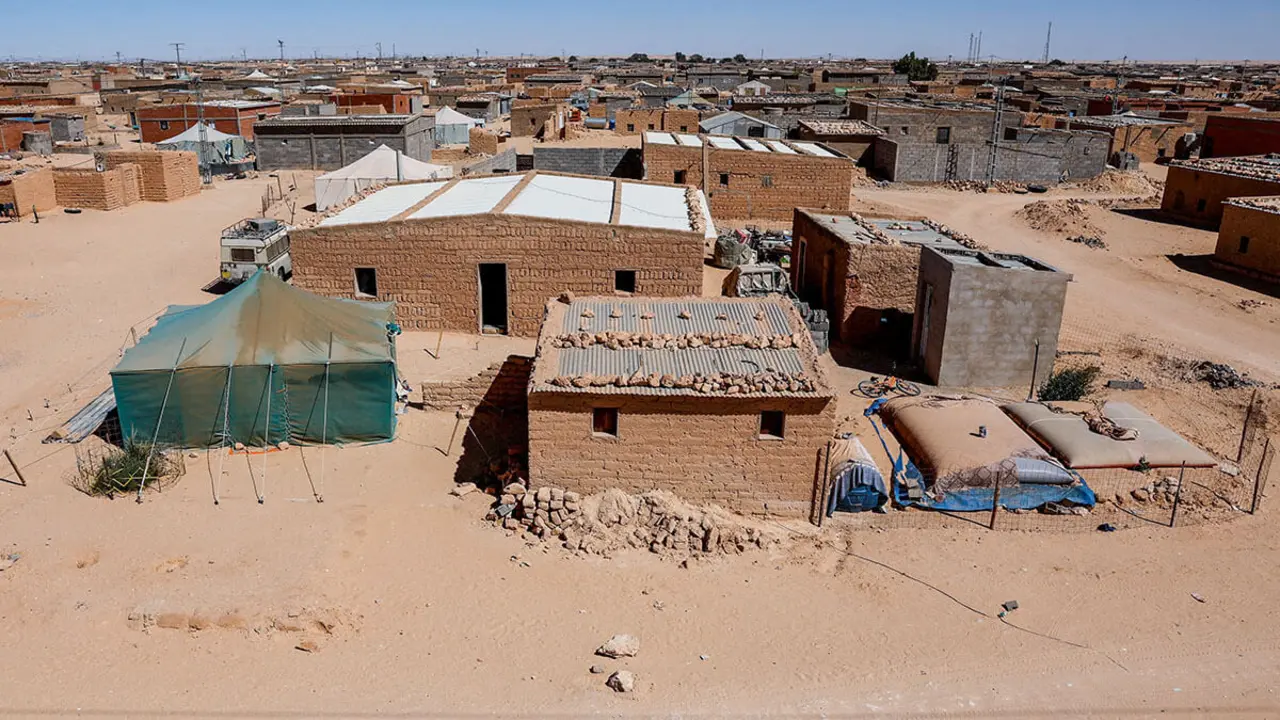Israel responds to Hezbollah by launching new offensive, escalating tensions with Lebanon
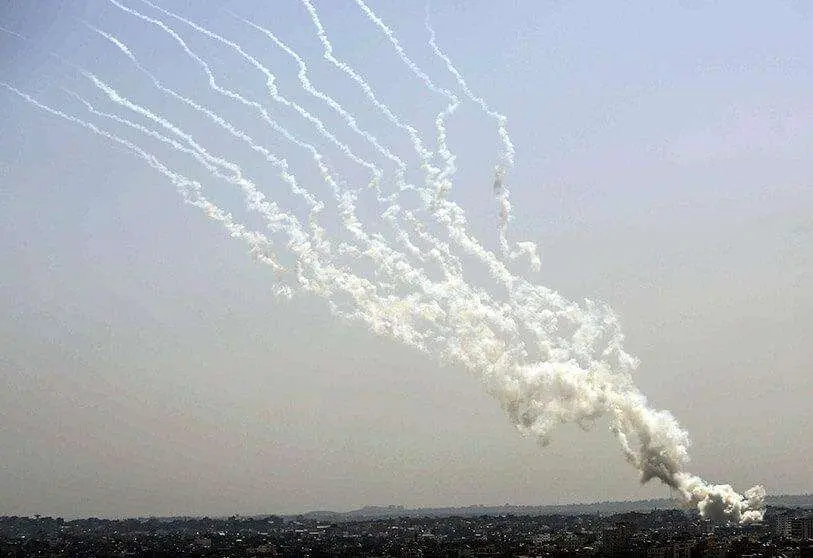
The flame of the Israeli-Lebanese front is rekindled two years after the last onslaught. The historic dispute between Israel and Lebanon has entered a new phase after this week's air strikes. The clash also comes in a climate of uncertainty and instability for Beirut, as the new prime minister tries to find a way out of the devastating crisis, and in an unexplored scenario for the still-novice Jewish leader, Naftali Bennett, and the new Israeli coalition government, albeit one that was already in place during the Gaza conflict in May.
As Lebanese society commemorated the first anniversary of the brutal explosion in the port of Beirut on Wednesday, three shells were fired towards Israel just a few kilometres from the capital. One was intercepted by Iron Dome, another landed in the border town of Kiryat Shmona, causing no fatalities, and the third landed on Lebanese soil. No group claimed responsibility, although the State of Israel's Arabic-language spokesman Avichai Adraee blamed the Lebanese executive for allowing the offensive.
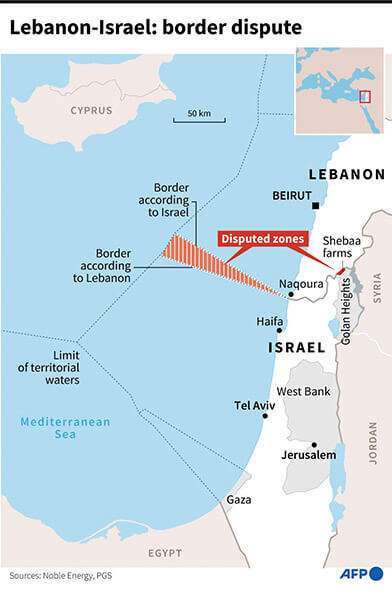
"Today could have been a normal day in Kiryat Shmona, Israel. Families gathered, children playing outside, and people enjoying the fresh air. Until they were forced to run to bomb shelters when their town came under rocket fire from Lebanon," the Israeli Defence Forces (IDF) reported. The sound of the alarms caused the locals to react and they ran to the shelters. Israel quickly coordinated its response.
The IDF responded by firing 92 shells into areas of southern Lebanon, according to the Lebanese Army. The attack, combined with high temperatures and strong winds, reportedly caused several fires in and around the village of Rashaya al-Fukhar. Lebanese President Michel Aoun called the Israeli offensives a "flagrant and dangerous violation of Security Council Resolution 1701". This resolution establishes a ceasefire discipline, but among its points it also decrees the "disarmament" of all armed groups, including Hezbollah. Hezbollah is an actor that has intervened in the dispute.
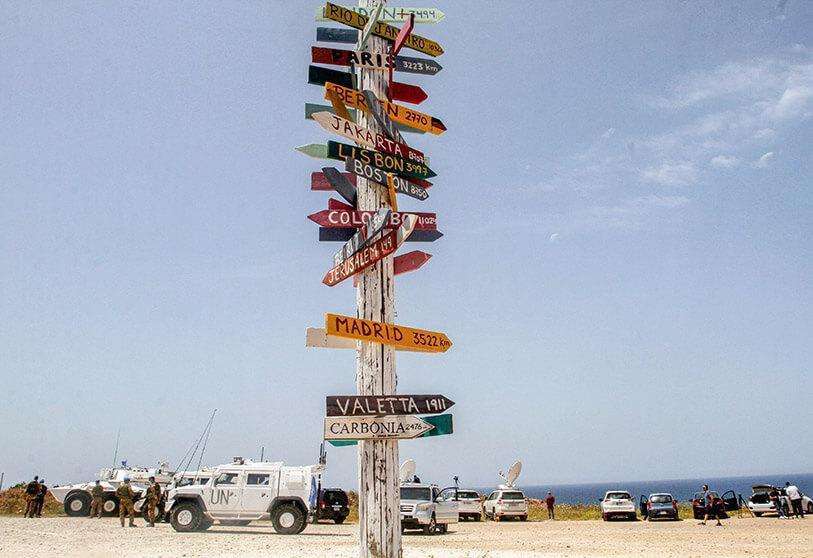
The escalation finally exploded at the end of this week, when the Shiite militia decided to take matters into its own hands. Hezbollah fired a dozen shells at Israel early on Friday in response to shelling carried out by the IDF on Thursday, according to Al Manar, a television station linked to the group. The offensive hit the Shab'aa Farms, a disputed area of land between Israel and Lebanon in the Golan Heights, right on the border between the two countries. The area is occupied by Israel, but does not belong to Lebanon but to Syria, according to the UN.
Part of the Islamic militia's attack was intercepted by the 'Iron Dome', while the remaining shells fell on unpopulated areas and caused no casualties or material damage. Israel reacted immediately with artillery fire, as announced via Twitter by the IDF: "In response to the more than ten rockets that have just been fired into Israel from Lebanon, we are striking rocket launching points in Lebanon".
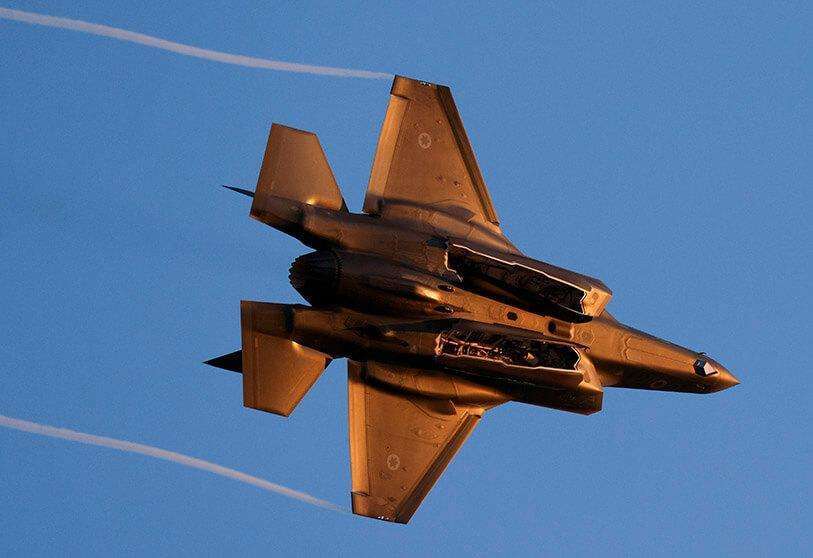
Israel is waiting for Bennett to convene senior security officials. The prime minister will meet in the coming hours with Defence Minister Benny Gantz and Army Chief Aviv Kohavi to define the road map, according to The Times of Israel. The new government, made up of eight political formations, has had no rest since the formation of the government. Lebanon, a country in a critical situation, has been added to the list of open fronts.
The outbreak of the conflict stems from a series of attacks directed against Israel from the Lebanese border at the end of July. Local media attributed these attacks to Palestinian groups operating in southern Lebanon with the backing of Hezbollah. Israel's response was then limited to a series of threats issued by the government strongman, insufficient to nip the actions in the bud.
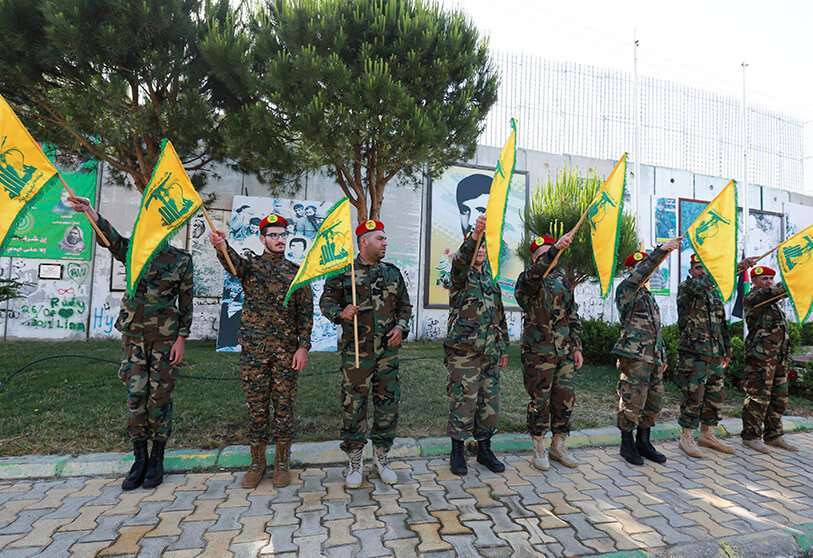
Diplomatic relations between Israel and Lebanon are non-existent. In fact, the two countries have technically been at war since July 2006, when a 37-day military conflict broke out. The UN-brokered ceasefire agreement at the time was unable to enforce compliance with all of the points set out. One of those that was completed was the deployment of the United Nations Interim Force in Lebanon (UNIFIL), forces that fear an escalation of tensions: "This is a very serious situation and we call on all parties to cease fire".
The border area has been disputed in recent months. The lack of agreement on the demarcation of a boundary is one of the reasons that, together with the undefined maritime borders, pits Israel and Lebanon against each other. The latter is also experiencing a social, political and economic crisis of historic proportions.

